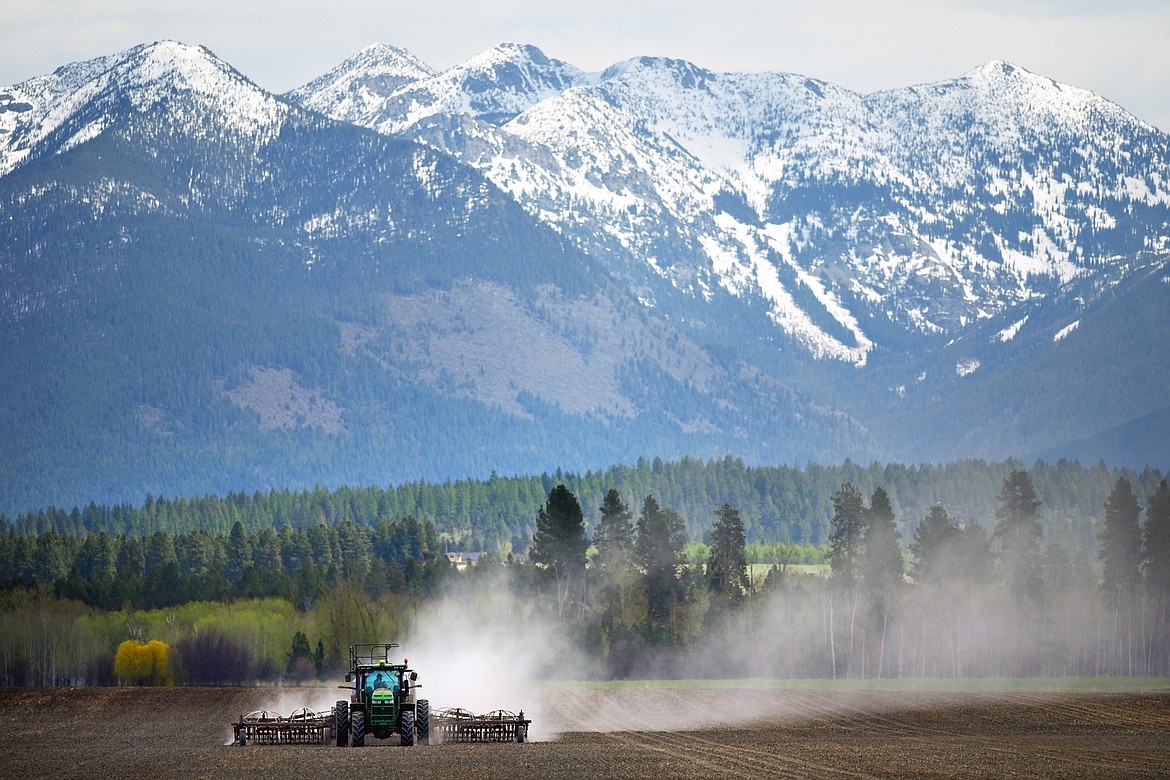Protect the valley's long-standing ag heritage
“It's tough to make predictions, especially about the future…”
But maybe not as tough as Yogi Berra made it sound. Growing up in the Flathead it never occurred to me that the farms around ours would ever be anything but that: farms. Having been away for many years and returning home when circumstances might permit it became quickly obvious and a little concerning that the landscape of the Flathead was evolving and not in all ways good.
A 77-house development is being proposed off Columbia Falls Stage near Highway 35. “Rolling Acres” is a pleasing, harmonious, and melodic name for something that, both above and below the surface, is none of these things.
With less serenity then its name suggests, this new “little town” is poised to be unceremoniously plopped squarely in the midst of existing farms and woodlands. Further, being centered between two large conservation easements it is fully out of character with its surroundings. Throw in traffic, septic, water, wildlife, stressed fire and school districts, and the loss of rich farm land and it’s hard not to be concerned about what’s being proposed.
The NRCS states 1% of the ag-land in the Flathead is considered “Prime” (irrigated) or “prime” (dry). This proposal takes 113 acres of farm land out of production with 88 of those acres coming out of the best 1% the Flathead has left to offer. Are we sure, really sure, that houses are the best crop, (and the last crop), that should be planted here?
As the inventory of premium ag-ground continues to decline so too does an important diversity to our economy and our ability to be self-sufficient. For example, Center Street used to have the grain elevators in Kalispell. These are no longer in use but have been replaced by new CHS granaries off the Strip roughly behind Pacific Hide and Steel which affords better access to both farmers and the rail. With the loss of just this one farm, CHS may want to plan for how they’ll fill the void created when the roughly 8000 bushels of wheat that should have come from this farm won’t be delivered there this year. Or any future year for that matter.
I am not a farmer and don’t profess to be but it doesn’t in any way sway my principals of land conservation and stewardship held dear by our family and most of our neighbors. Considering all the above it’s appropriate to proffer the question if this project should be that gold standard we will emulate in the name of responsible development?
Sound policies must consider items like the long-standing agricultural heritage, the communities ag feeds, and ag’s economic contributions to the Valley and world. Sober reflection should be directed toward preserving, not removing, the best we have left for future generations.
If we fail to give these considerations their due, I think we will find it easy to predict our future.
—Matt Gebhardt lives off Columbia Falls Stage

